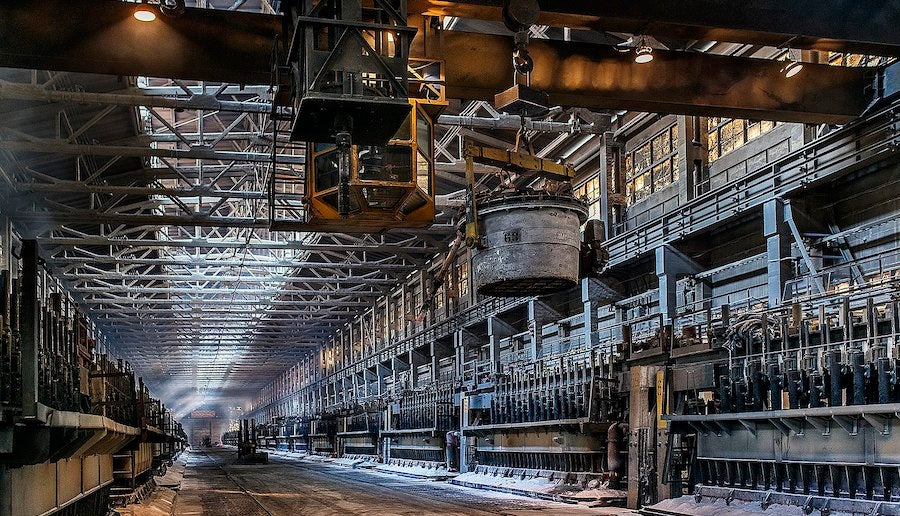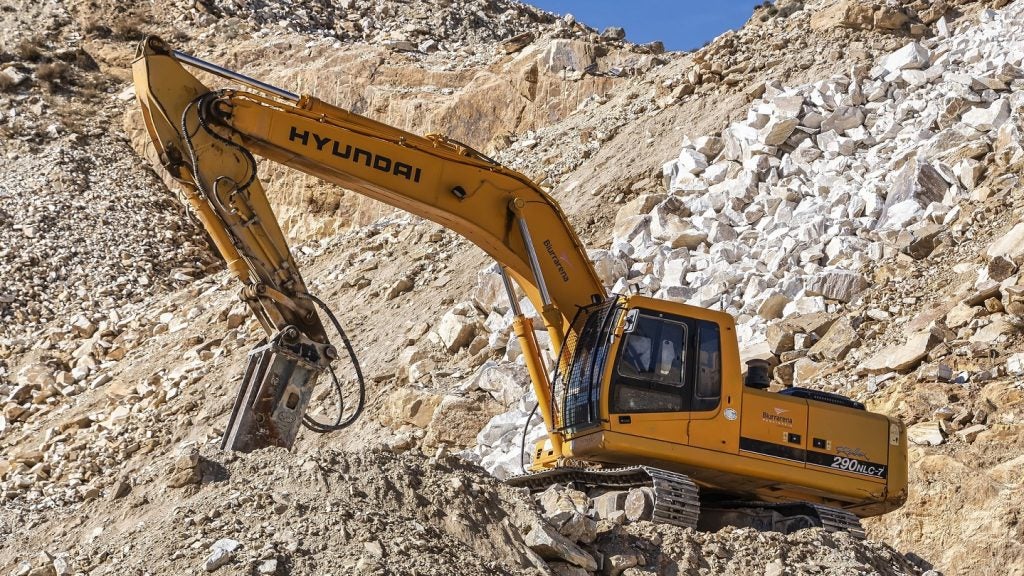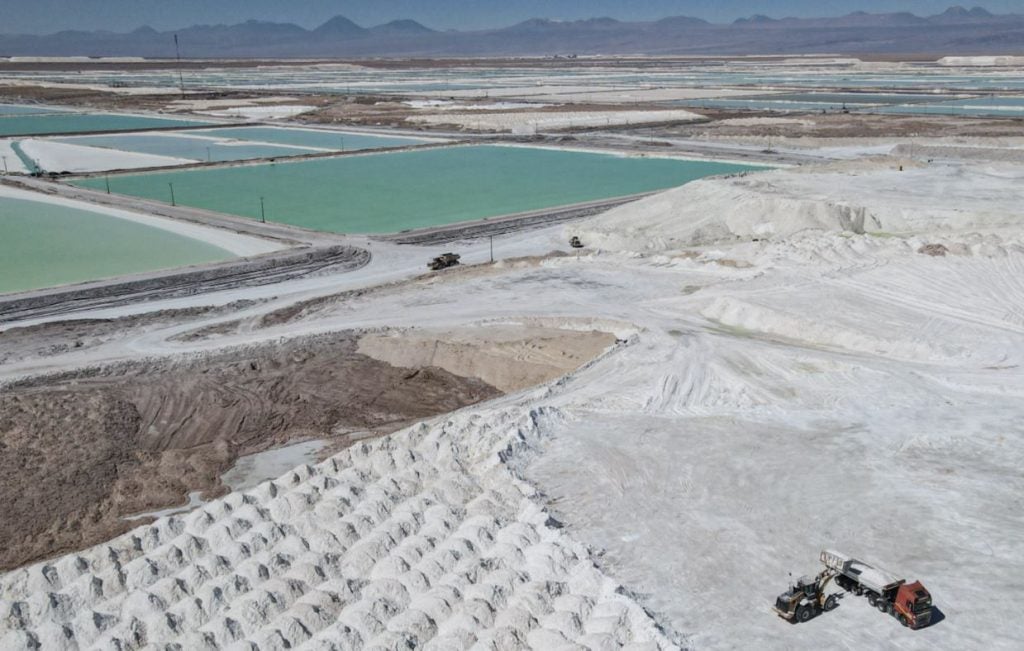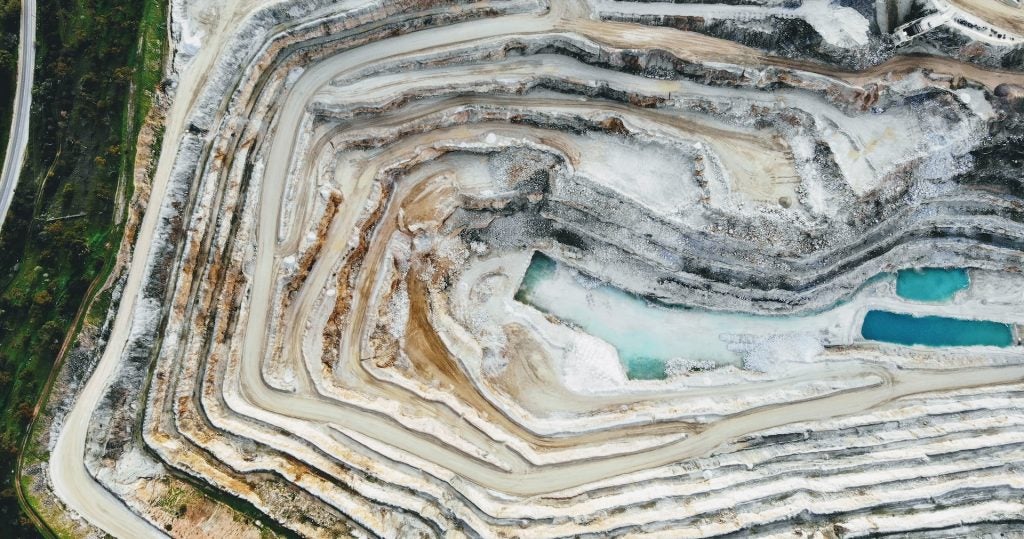
China has a near-monopoly on the production of magnesium, a key component in the production of aluminium alloy. Around 87% of the world’s magnesium production comes from China, with most of it coming from Yulin City in Shaanxi province.
The production of magnesium is incredibly energy intensive. To produce one tonne of the metal takes 35-40 megawatt-hours of power. Additionally, the metal is especially difficult to store, with oxidisation occurring after three months.
In early October, the Development and Reform Commission of Yulin City published a new document on achieving energy intensity and consumption reduction targets by 2021. The document stipulated that major energy-intensive industries or enterprises should reduce or stop their production from September to December.
These production curbs have particularly impacted magnesium production, with 35 of 50 magnesium smelters made to close until the end of the year. Local officials told the rest to cut production levels by 50% to ensure energy consumption targets are successfully hit.
Impact on the automotive industry
Shortages of the metal could adversely impact the automotive industry.
“There are no substitutes for magnesium in aluminium sheet and billet production,” said Barclays analyst Amos Fletcher. “35% of downstream demand for magnesium is auto sheet — so if magnesium supply stops, the entire auto industry will potentially be forced to stop.”
The production curbs have been reflected in climbing prices, with magnesium imported in Europe surging 75% over the past month, to a record high above $9,000 a tonne. Europe imports 45% of all magnesium produced in China, creating a risk of a bottleneck that threatens massive production losses in Europe’s automotive industry.
The severe shortage of the metal is already leading to record prices, creating global market distortions, and heralding huge disruptions in the supply chain.
WV Metalle, Germany’s non-ferrous metal trade association, said in a statement: “It is expected that the current magnesium reserves in Germany and throughout Europe will be exhausted in a few weeks, at the end of November 2021 at the latest”.





